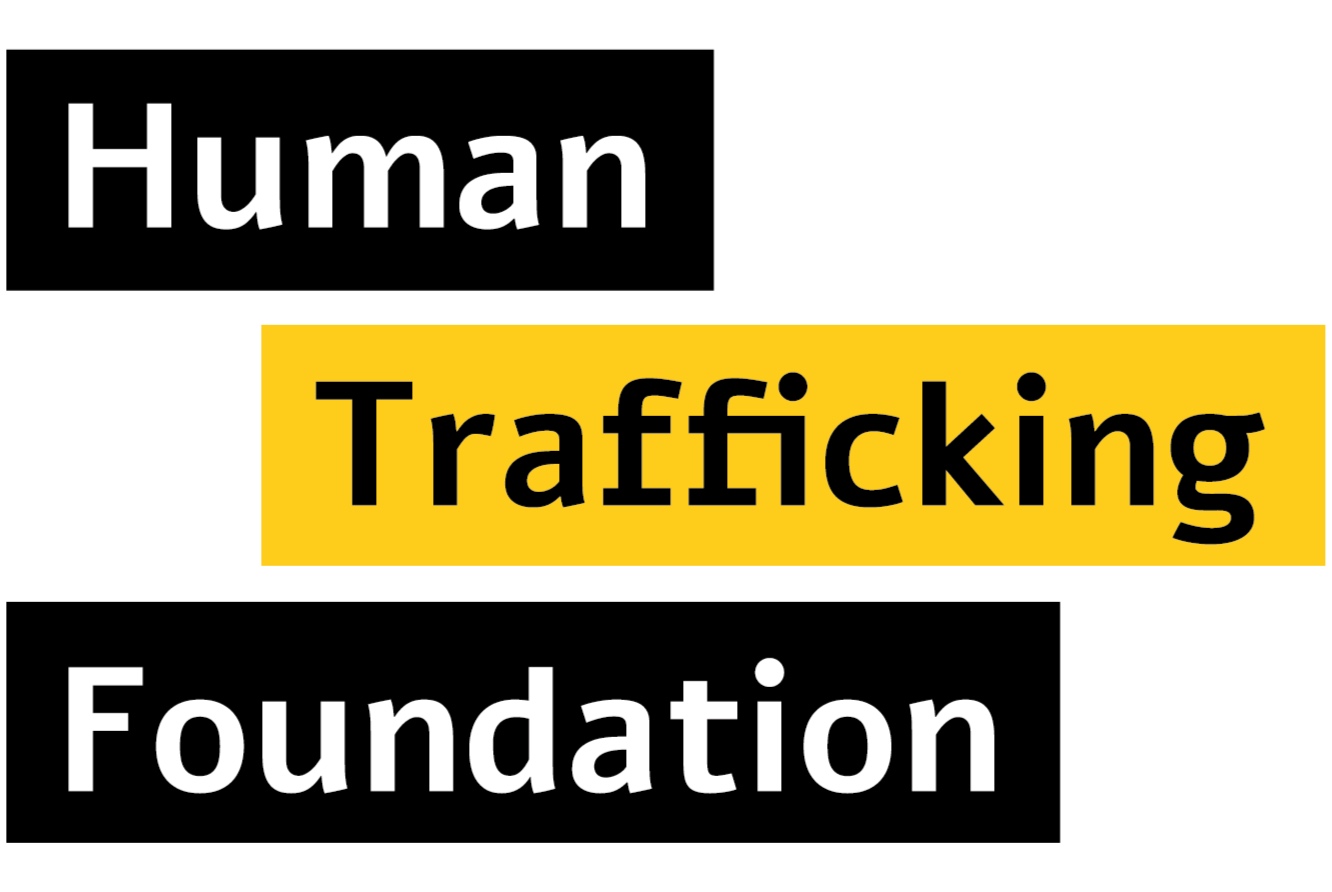With the support of the City Bridge Trust, the Foundation is helping to improve the statutory, NGO and community response to modern slavery in London.
London Working Group
The Foundation coordinates the anti-slavery London Working Group (LWG), consisting of over 90 statutory and non-statutory member organisations. The LWG comes together to identify gaps in the response to modern slavery in the capital and works collaboratively to address these challenges. Find out more here
London Modern Slavery Leads Network
The Human Trafficking Foundation coordinates the London Modern Slavery Leads (LMSL) Network, consisting of representatives from each of the 32 London boroughs, and the City of London corporation, to share best practice and collaborate across the councils. Find out more here
SUPPORTING LOCAL AUTHORITIES: identifying and supporting victims
The Foundation offers local authorities in London a free service to assist them in fulfilling their obligations under the Modern Slavery Act 2015, Care Act 2014 and other legislation relevant to modern slavery, including the Children’s Act, Localism Act and Human Rights Act.
The Foundation supports councils to be as effective as possible in recognising and supporting victim/survivors by identifying gaps in a borough’s response, advising on protocols, strategies and referral pathways, and providing links with other services.
Resources
London Directory of Survivor Support Services
The Foundation have produced a directory bringing together details on the support services available to trafficking and modern slavery survivors across London, intended to support those working in the anti-trafficking sector in the capital.
Best Practice Guide, Pathway and Identification Tools for Frontline Staff in Local Authorities
Together with the Anti-Slavery London Working Group, the Foundation has produced several resources to help Local Authorities improve their response to human trafficking and modern slavery, in particular the identification and support offered to adult survivors.
- Definitions and Indicators: how to identify a victim of human trafficking or modern slavery
- Statutory Duties and Powers: The NRM and a Local Authority's statutory duties to identify and support victims of human trafficking and modern slavery
- Referral Pathway for adult victims and NRM Process Guide
Examples of Good Practice Work in London Boroughs
Examples of good practice across London, include but are not limited to:
- Kensington & Chelsea and Westminster Modern Slavery Strategy
- Camden Transparency in Supply Chains Statement
- Hammersmith & Fulham Adult Referral Pathway
- Enfield Modern Slavery Strategy
- Haringey Modern Slavery Plan
- Waltham Forest 7 Minute Briefing
Single Points of Contact
As secretariat to the London Modern Slavery Leads Network, the Foundation coordinates the London Directory of Modern Slavery Single Points of Contact (SPoCs) in local authorities, police and NHS in London.
To access the Directory, please enter the password* on this link.
The directory is for use by statutory and voluntary organisations working in London to identify victims of modern slavery and support survivors. The primary goal of the directory is to support collaboration between local authorities and other agencies where more than one organisation is working with a survivor. In an emergency, always contact 999.
*If you are a professional working with survivors in London and would like to view the directory, please email robyn@humantraffickingfoundation.org for the password.
Contact
If your council, department or organisation would like guidance or support please contact robyn@humantraffickingfoundation.org. If you work in a statutory authority in London, you can also contact Robyn to receive a regular e-newsletter with information on new services, data and legislation.

